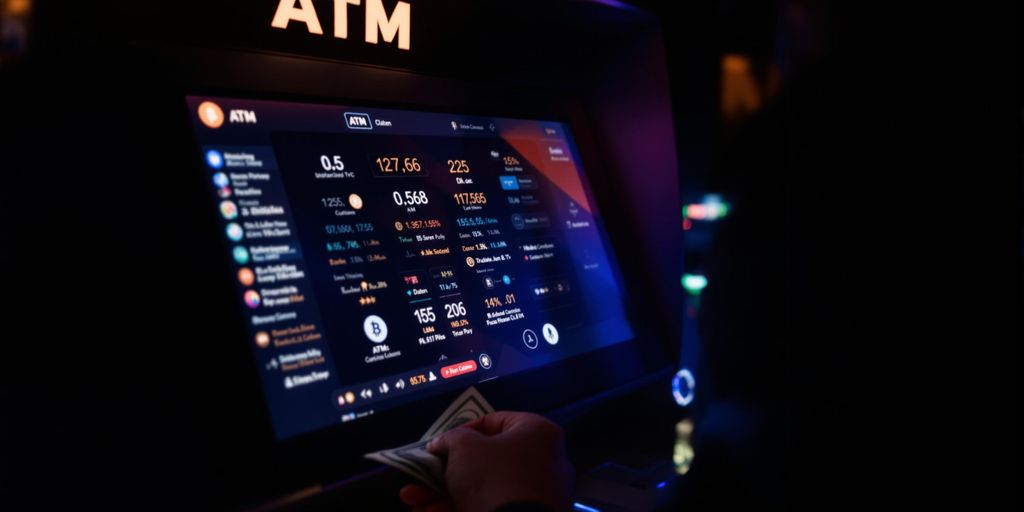In a significant move to combat rising fraud associated with cryptocurrency transactions, North Dakota lawmakers have introduced a bill aimed at capping the amount that can be withdrawn from crypto ATMs. This legislation seeks to protect consumers and enhance regulatory oversight in the rapidly evolving digital currency landscape.
Key Takeaways
- The proposed bill aims to limit transaction amounts at crypto ATMs.
- Lawmakers are responding to increasing reports of fraud linked to cryptocurrency.
- The legislation is part of a broader effort to regulate digital currencies in North Dakota.
Background on Cryptocurrency ATMs
Cryptocurrency ATMs have gained popularity as a convenient way for individuals to buy and sell digital currencies. However, the rise in their usage has also led to a surge in fraudulent activities, including scams and identity theft. The North Dakota bill is a proactive measure to address these concerns.
Details of the Proposed Bill
The bill proposes a cap on the maximum amount that can be transacted at crypto ATMs. Key provisions include:
- Transaction Limit: A proposed limit of $500 per transaction.
- Identification Requirements: Users may be required to provide identification to complete transactions.
- Reporting Obligations: Operators of crypto ATMs will need to report suspicious activities to state authorities.
Rationale Behind the Legislation
Lawmakers argue that capping transactions at crypto ATMs is essential for several reasons:
- Consumer Protection: Limiting transaction amounts can help prevent significant financial losses for individuals who fall victim to scams.
- Fraud Prevention: By imposing stricter regulations, the state aims to deter fraudulent activities associated with cryptocurrency.
- Regulatory Clarity: The bill seeks to establish clear guidelines for the operation of crypto ATMs, promoting a safer environment for users.
Industry Response
The introduction of this bill has sparked a mixed response from the cryptocurrency industry. Some advocates argue that such regulations could stifle innovation and limit access to digital currencies. Others believe that consumer protection is paramount and that regulations are necessary to build trust in the cryptocurrency ecosystem.
Next Steps
The bill will undergo further discussions and revisions before it can be passed into law. Stakeholders, including crypto ATM operators and consumer advocacy groups, are expected to weigh in on the proposed measures. The outcome of this legislation could set a precedent for how other states approach cryptocurrency regulation.
Conclusion
As North Dakota takes steps to regulate cryptocurrency transactions, the proposed bill reflects a growing recognition of the need for consumer protection in the digital currency space. With the potential to influence future legislation across the country, this initiative highlights the ongoing challenges and opportunities presented by the rise of cryptocurrencies.
